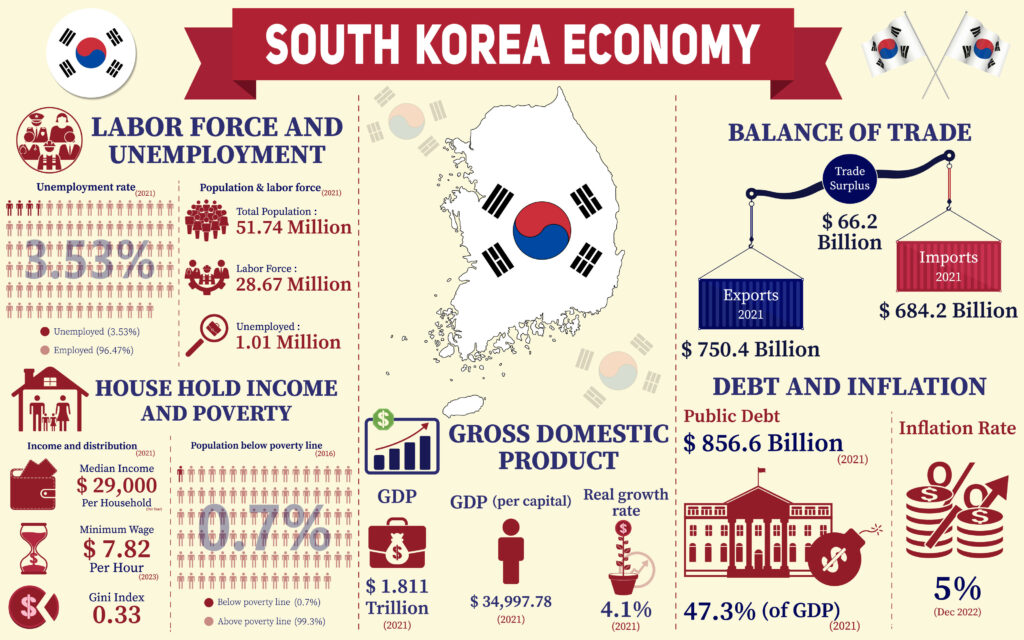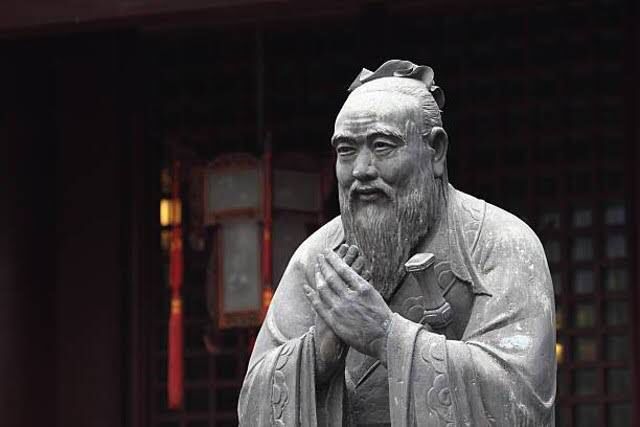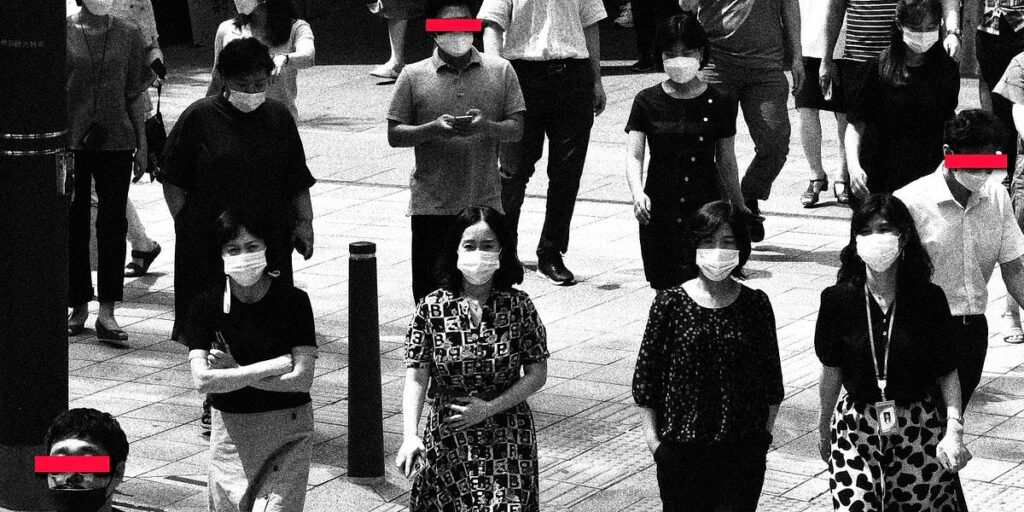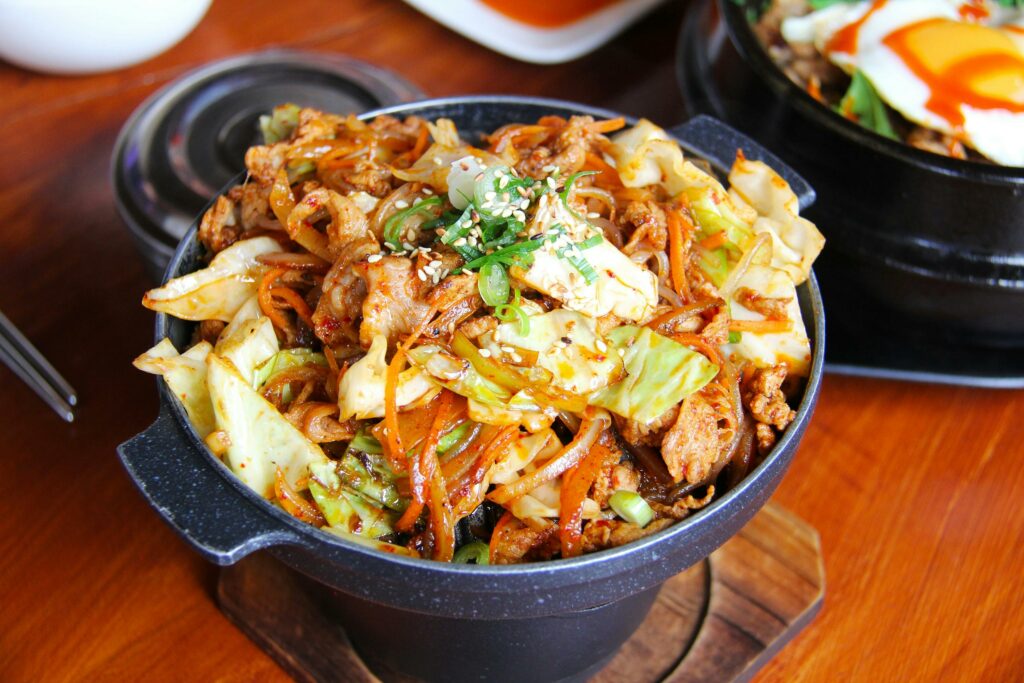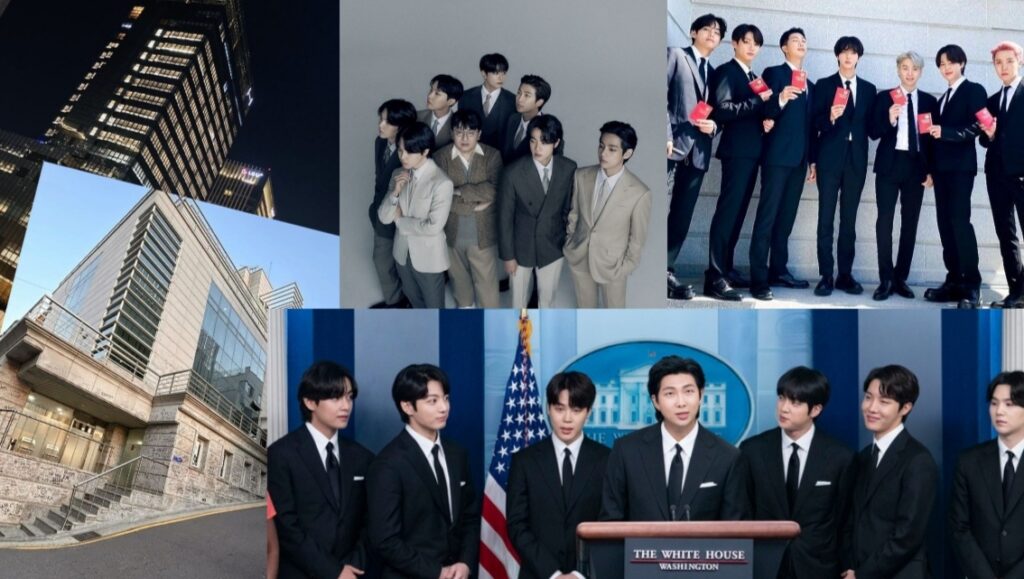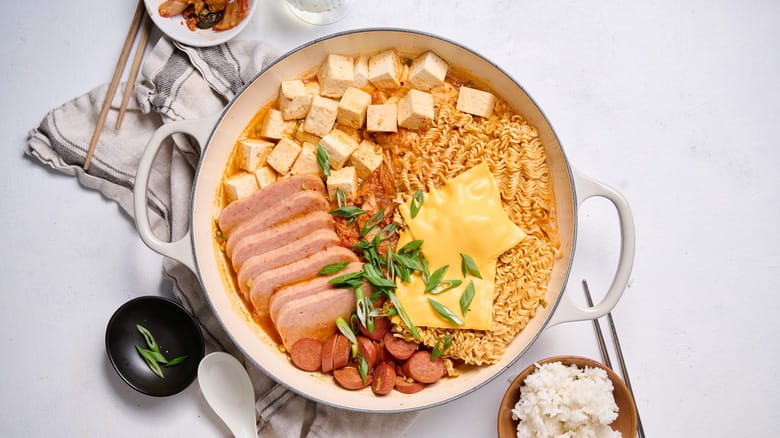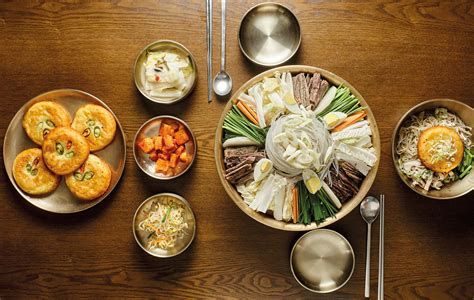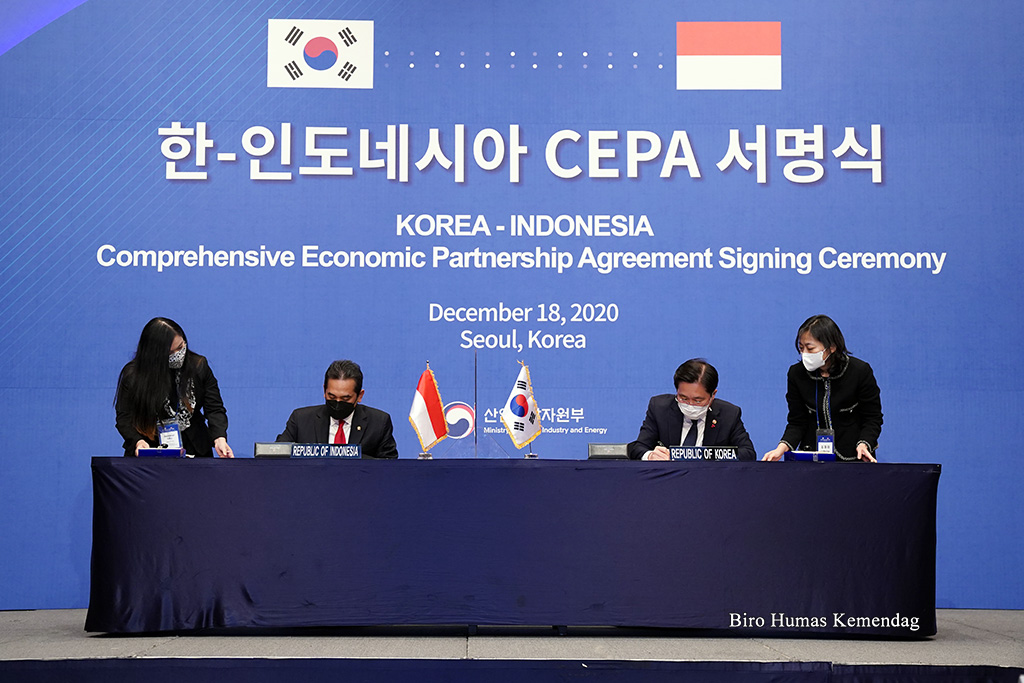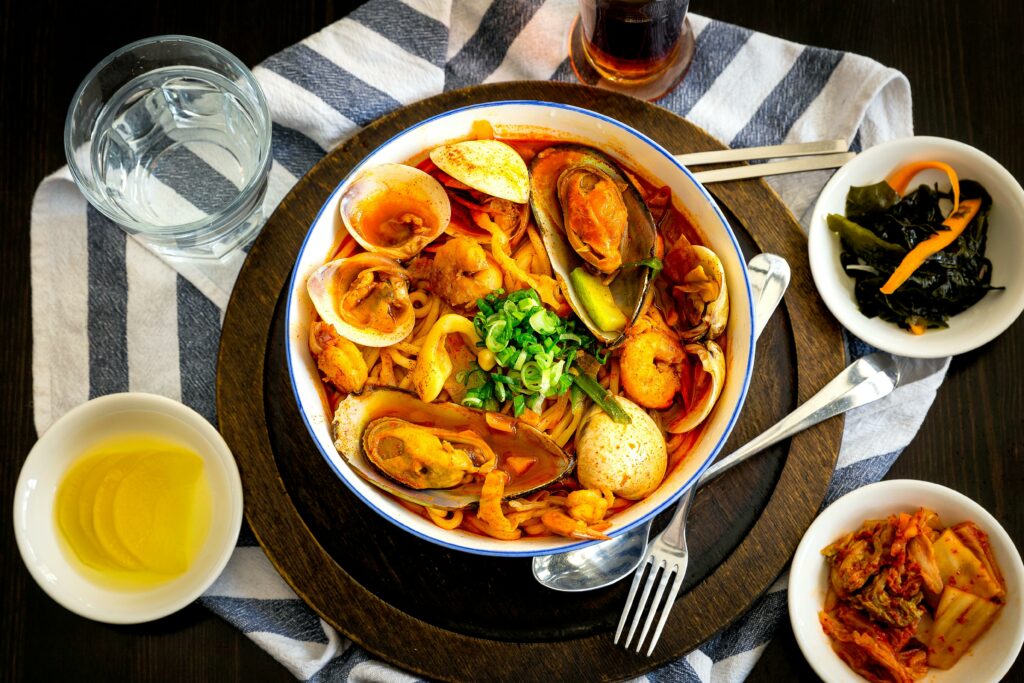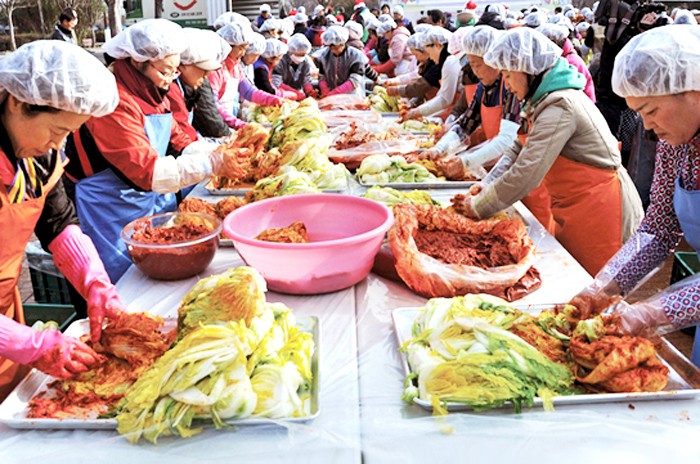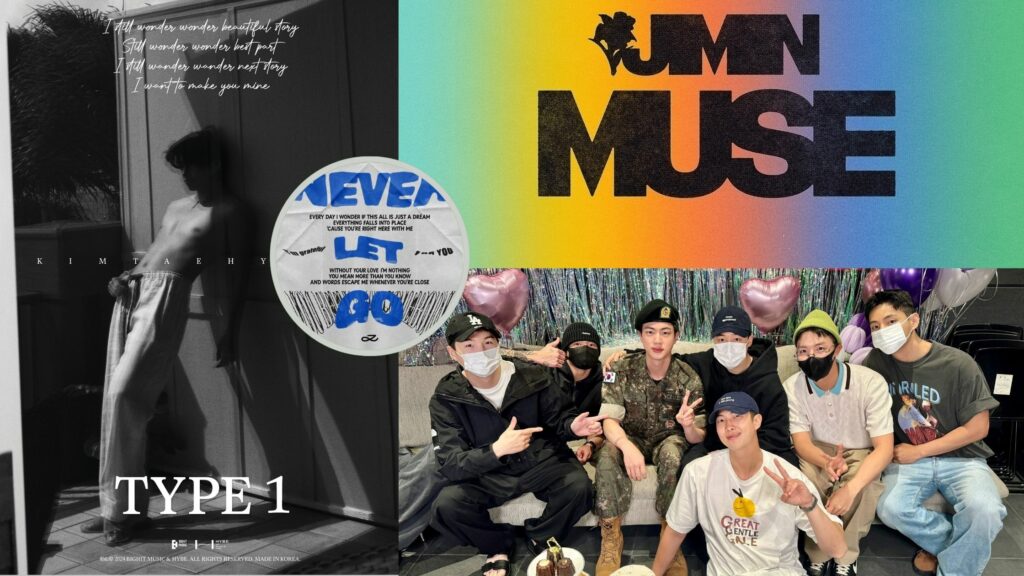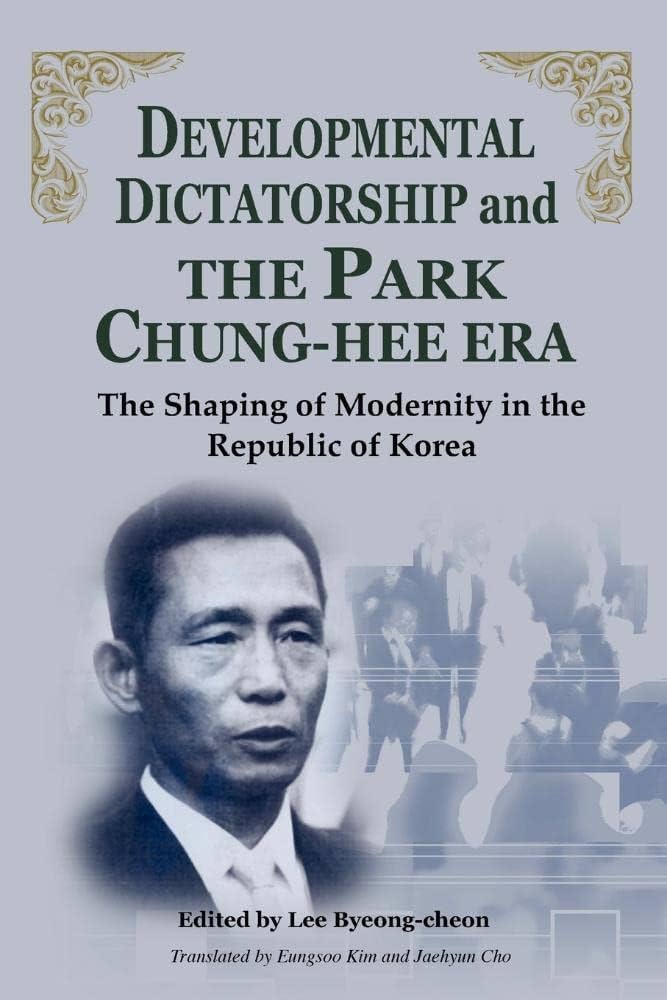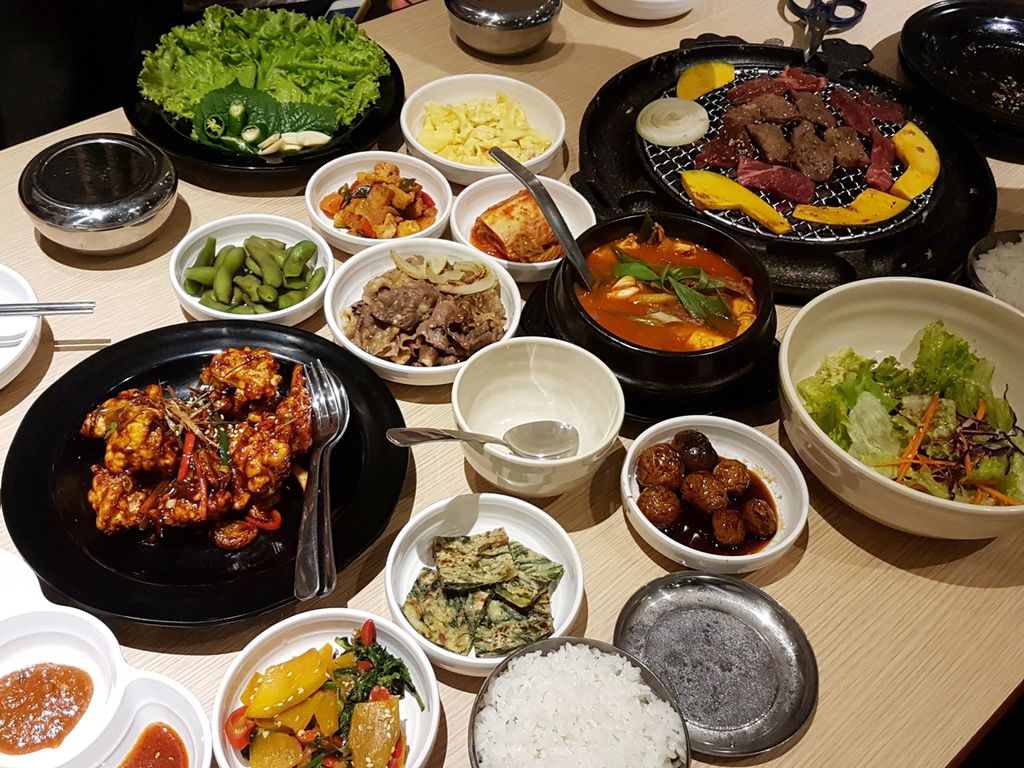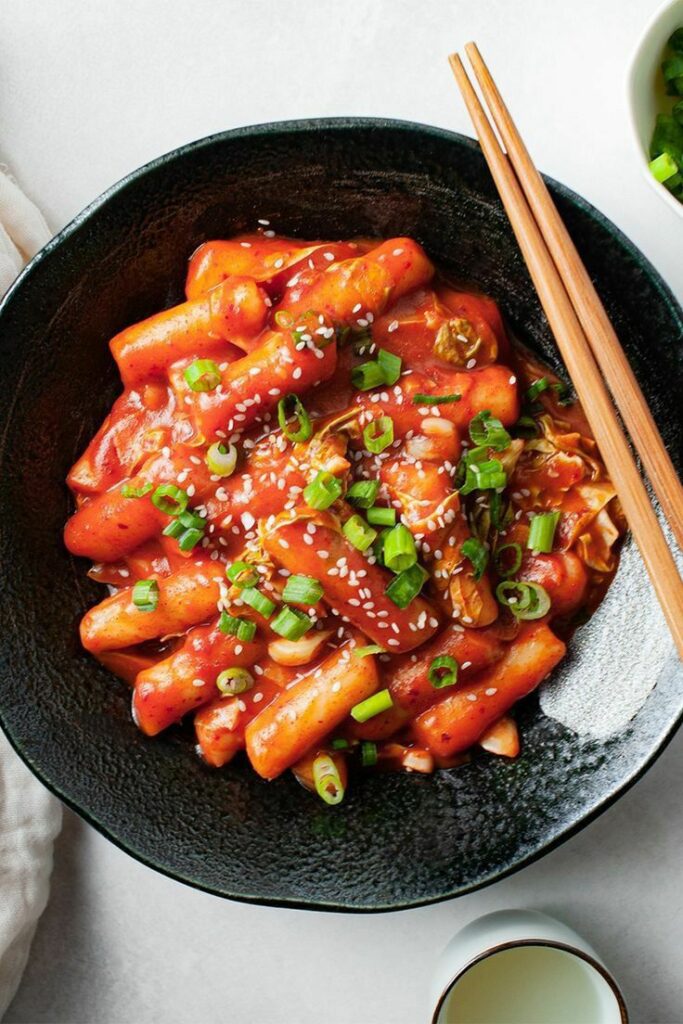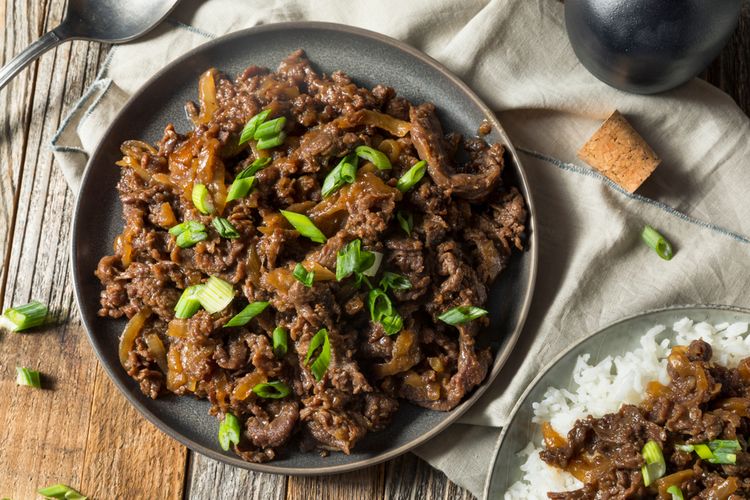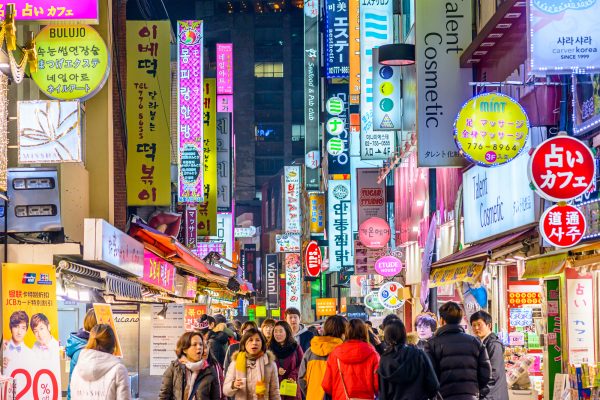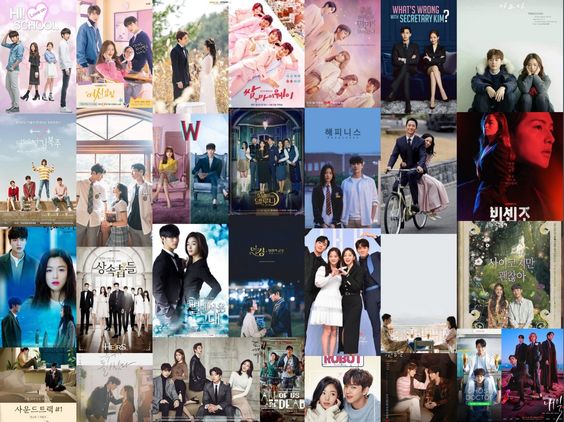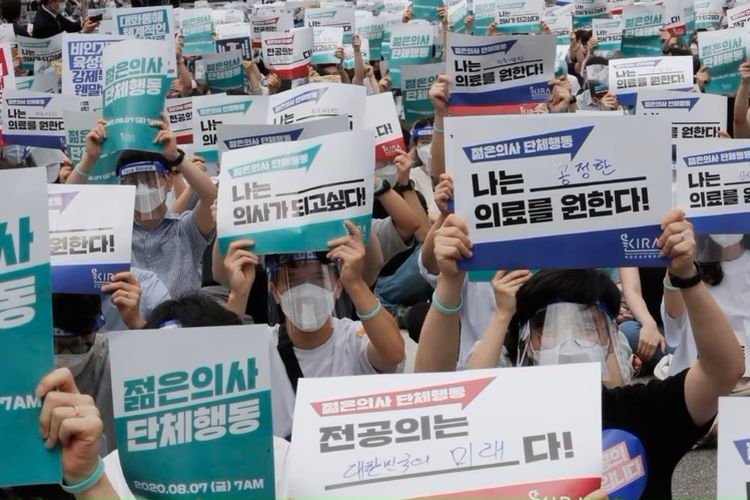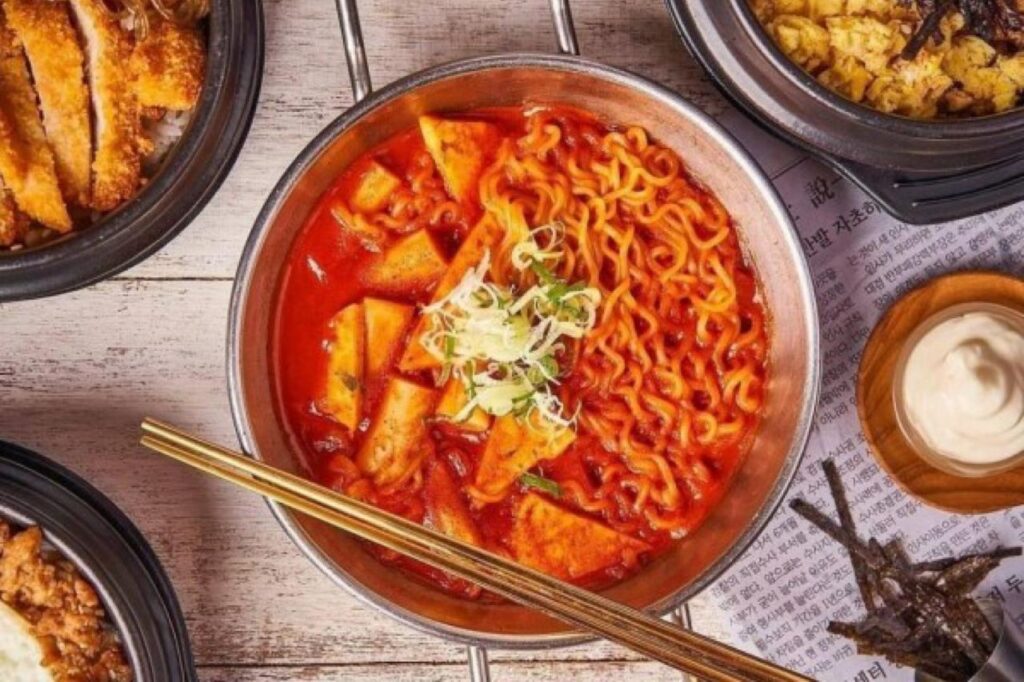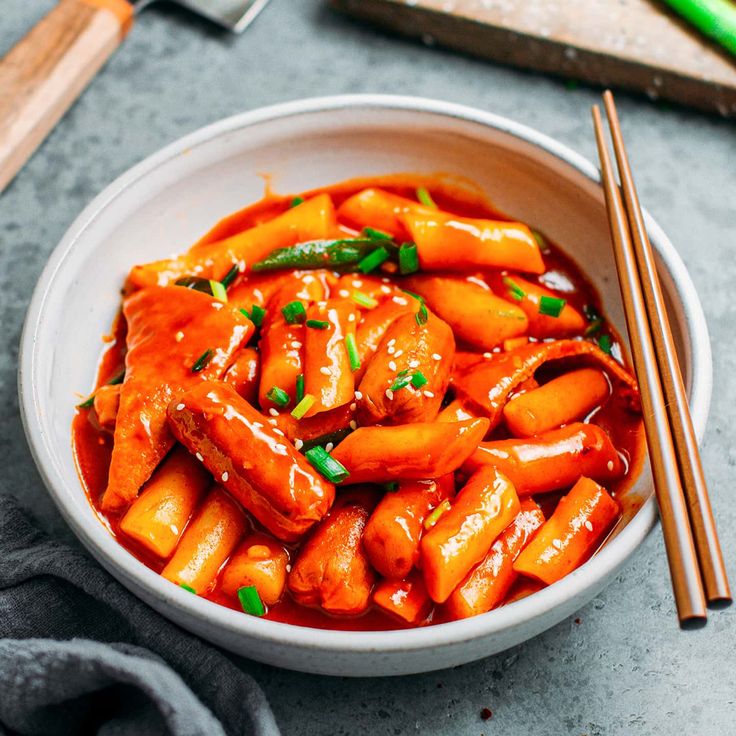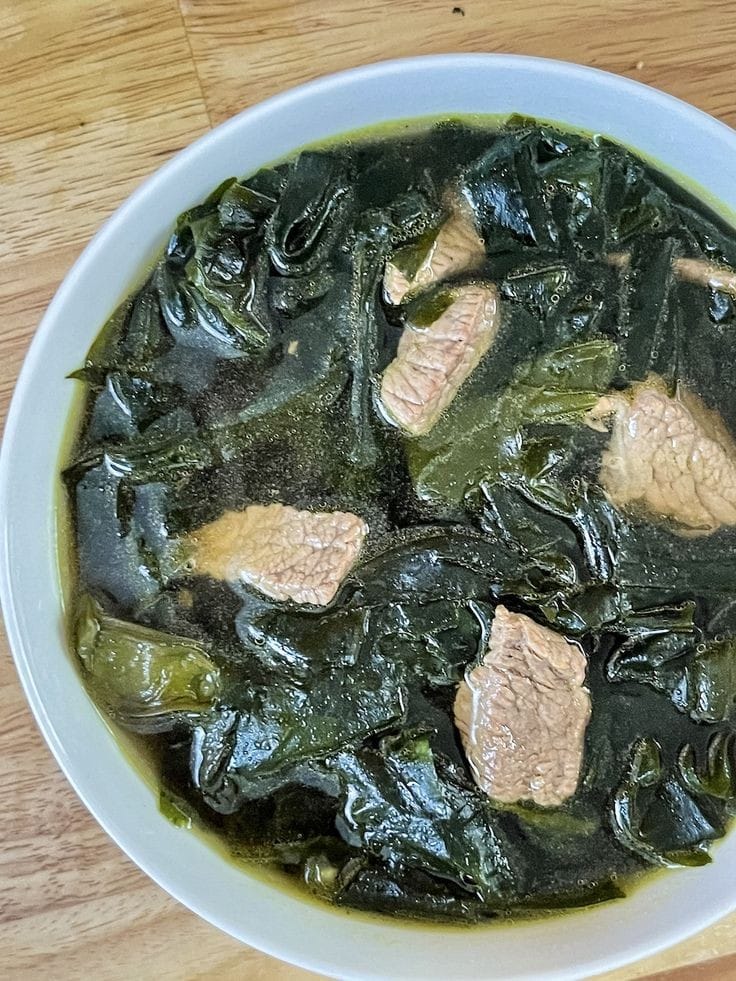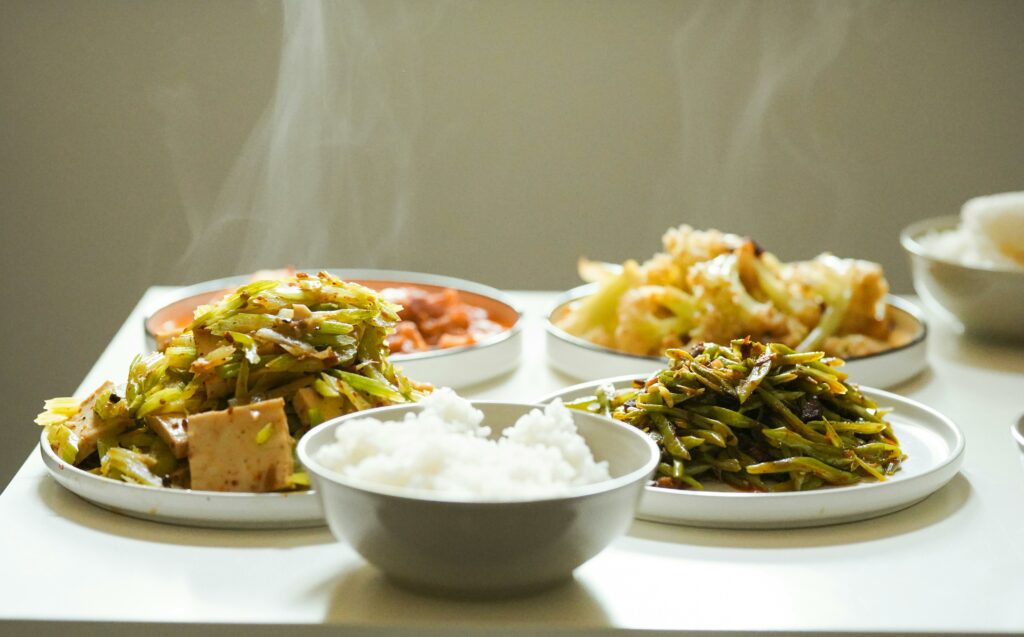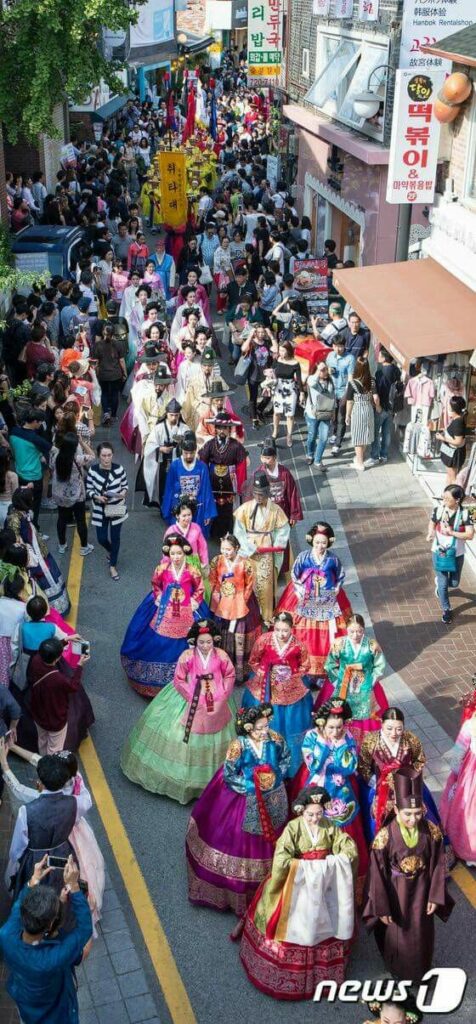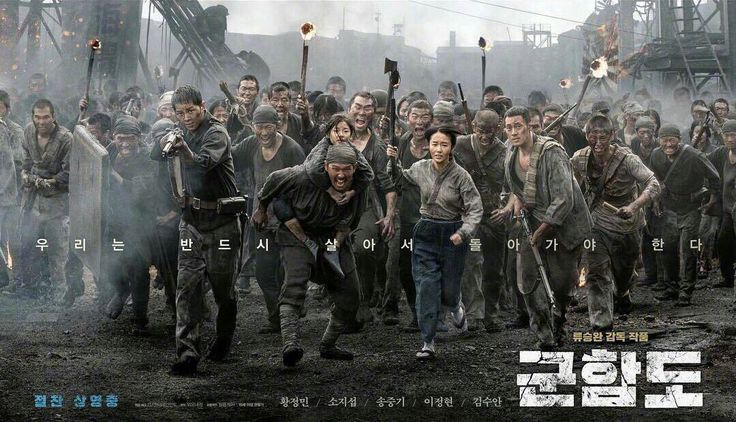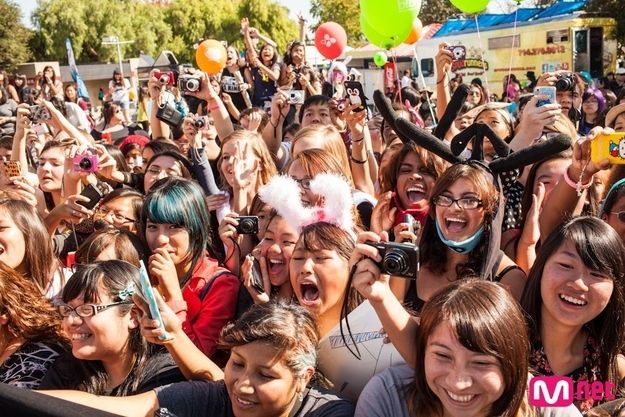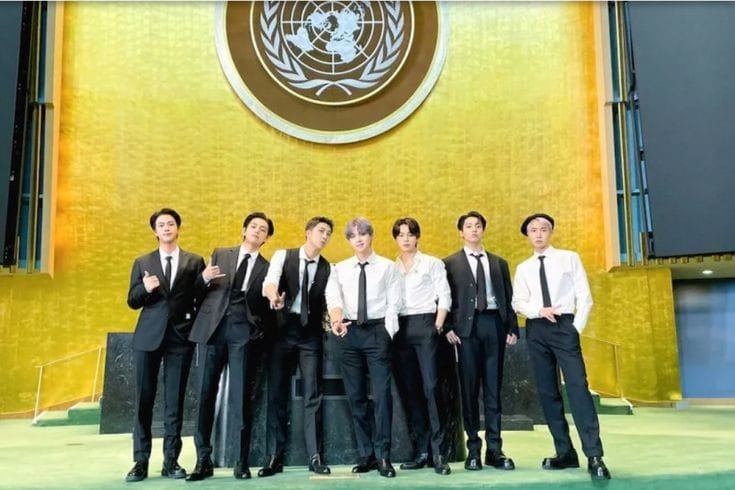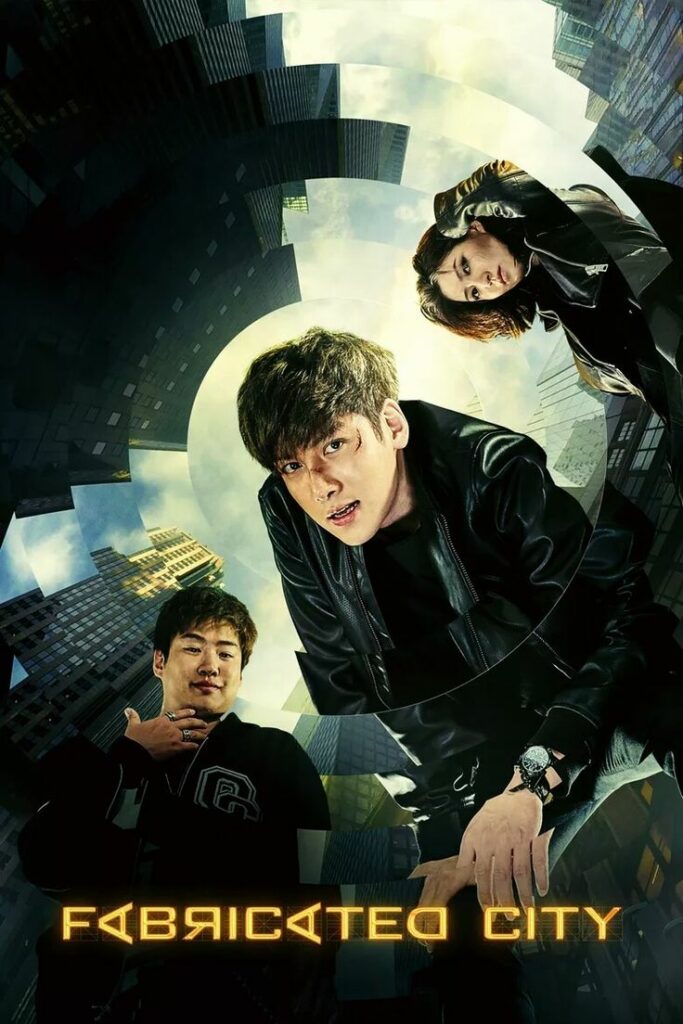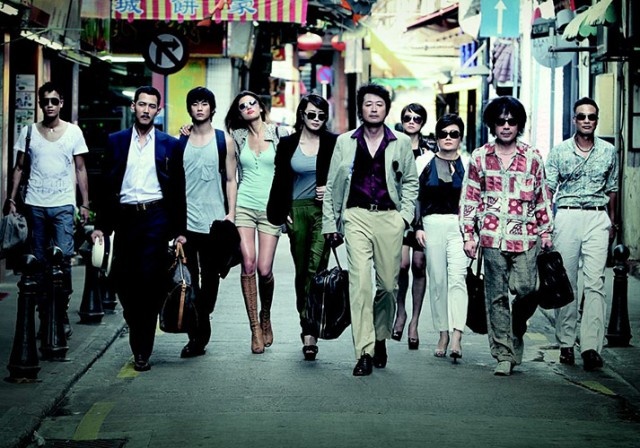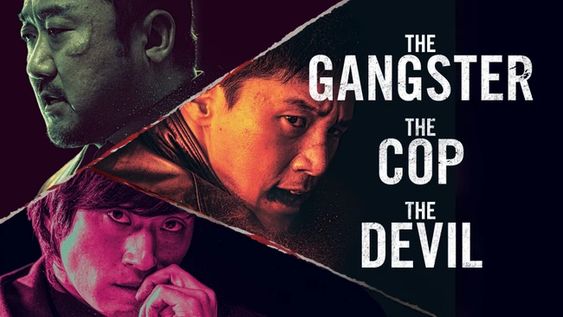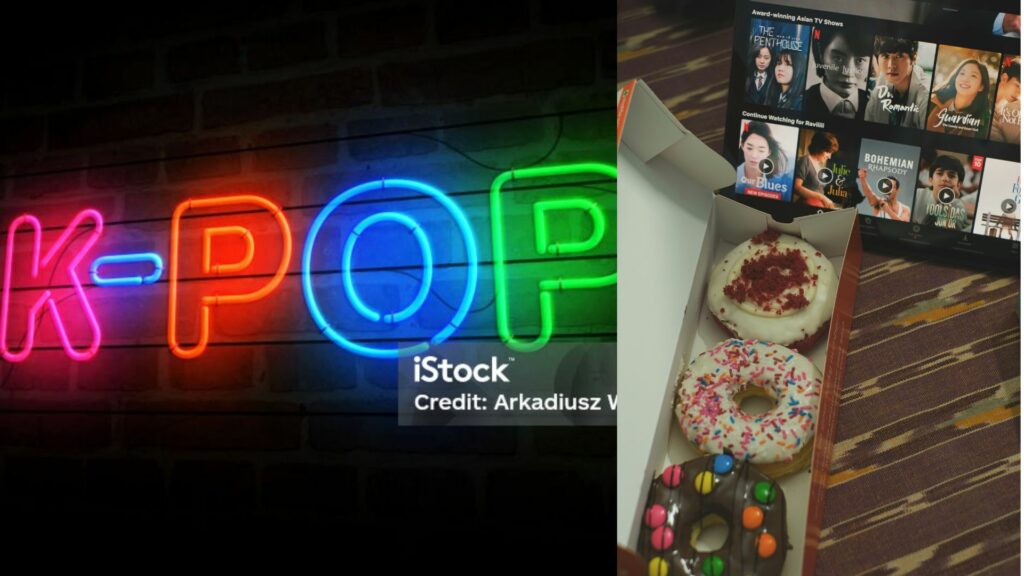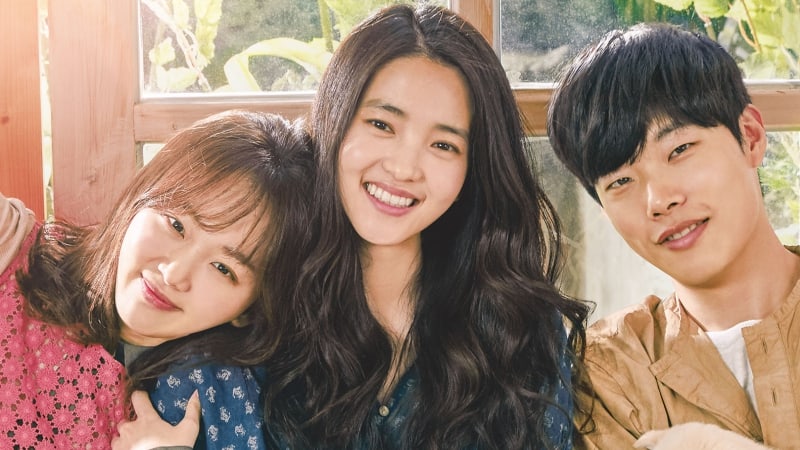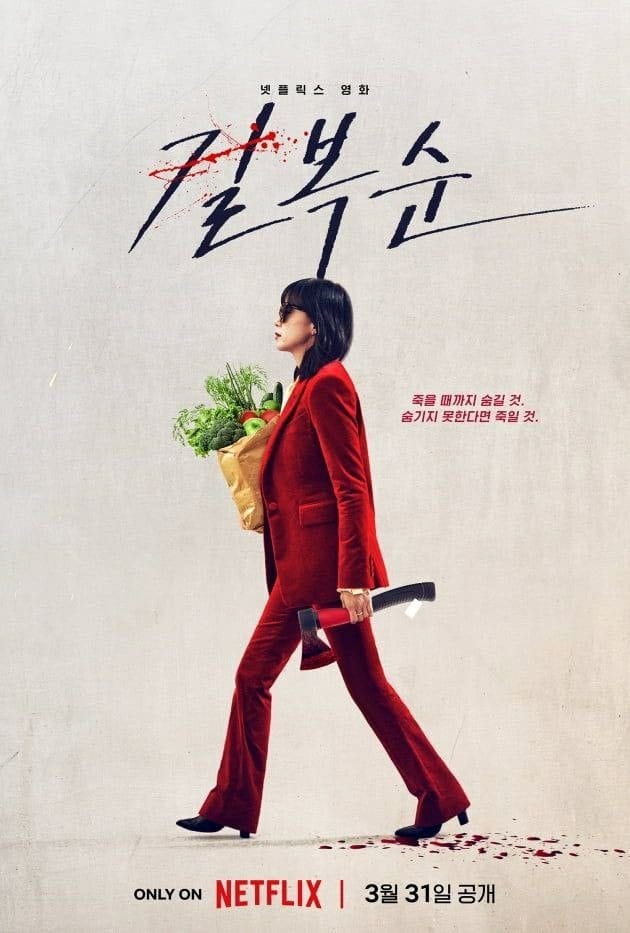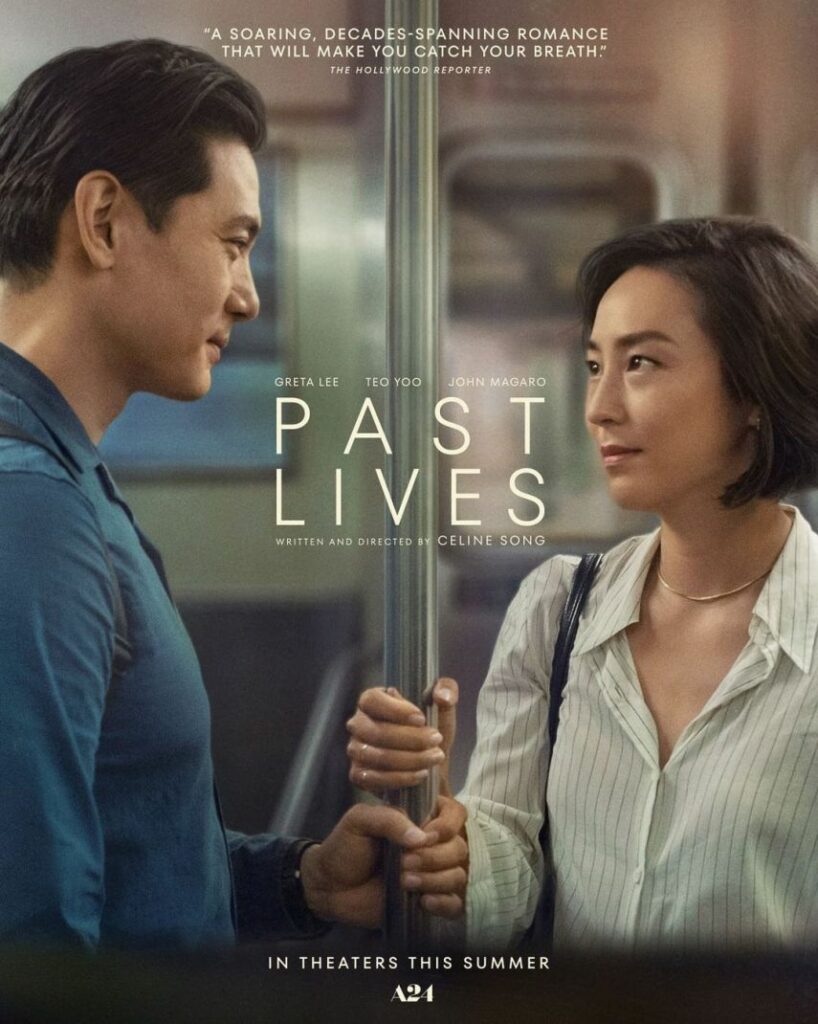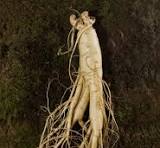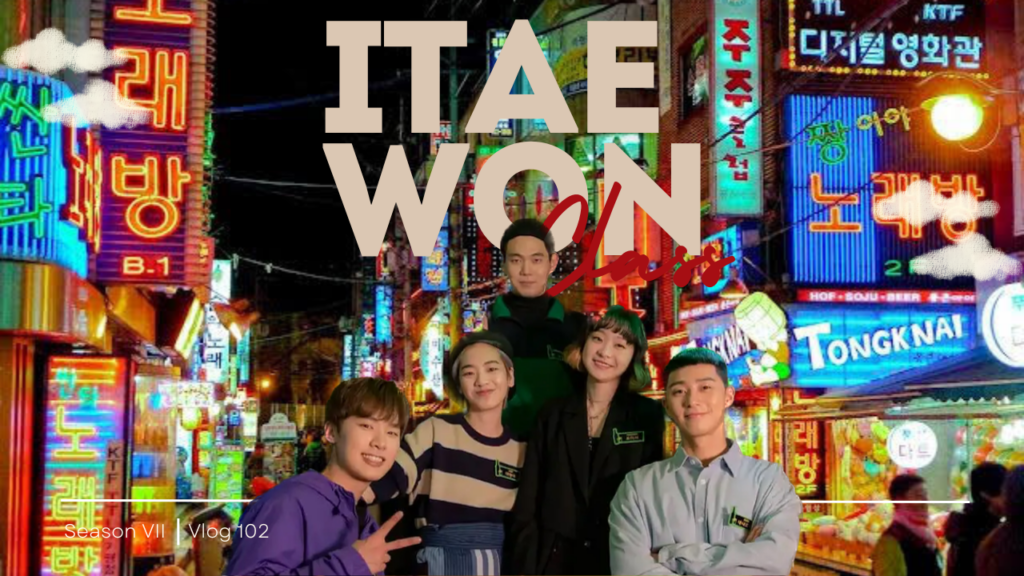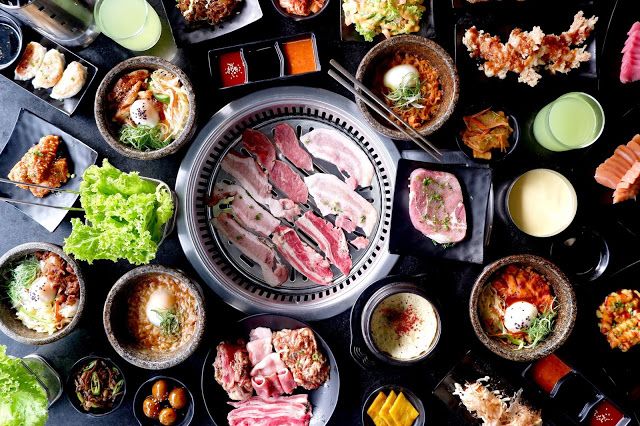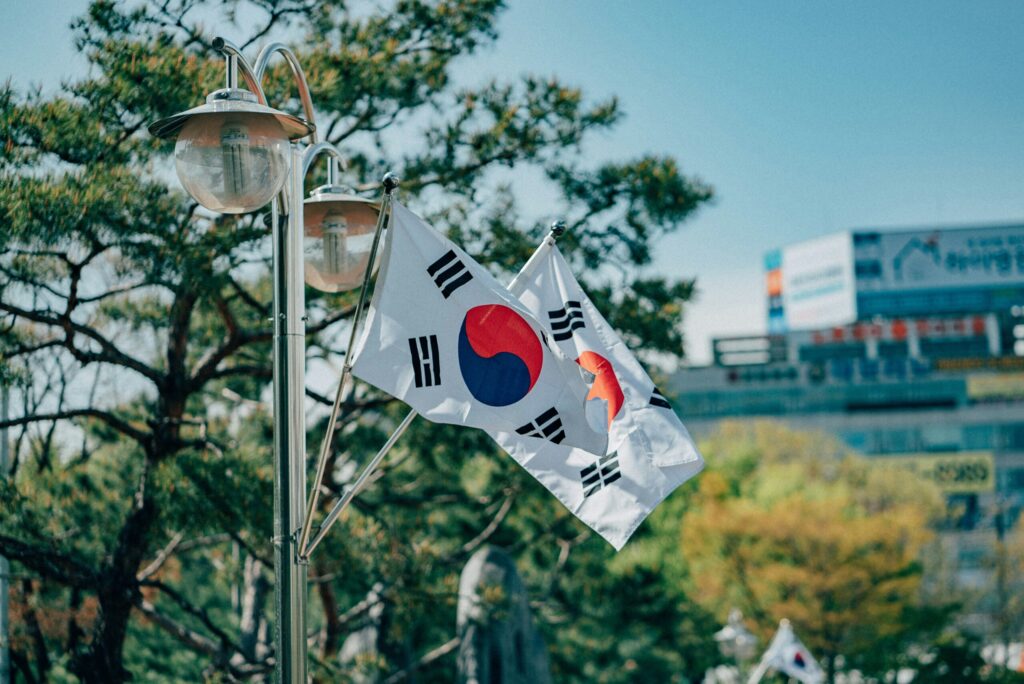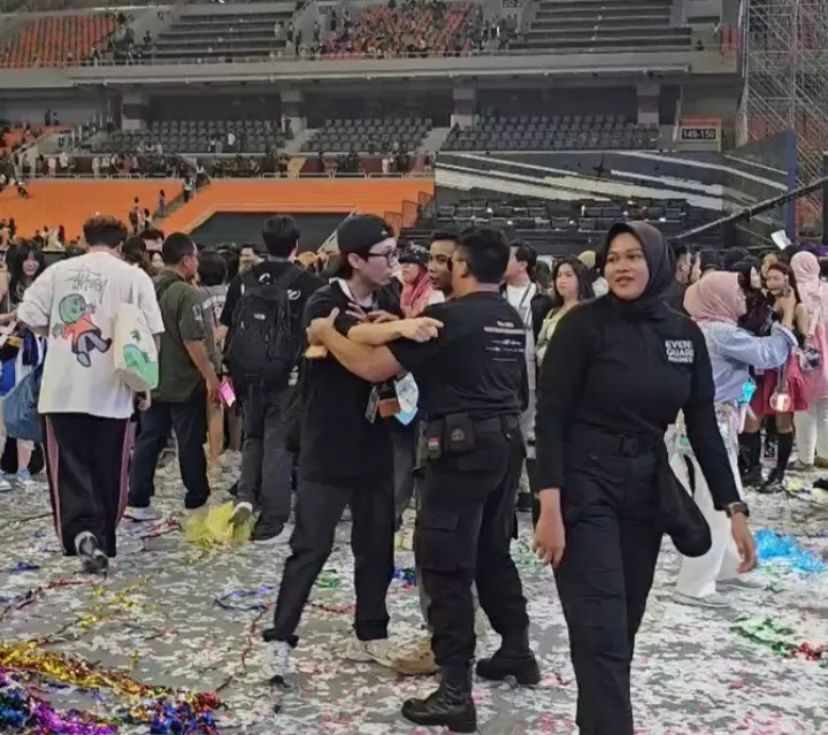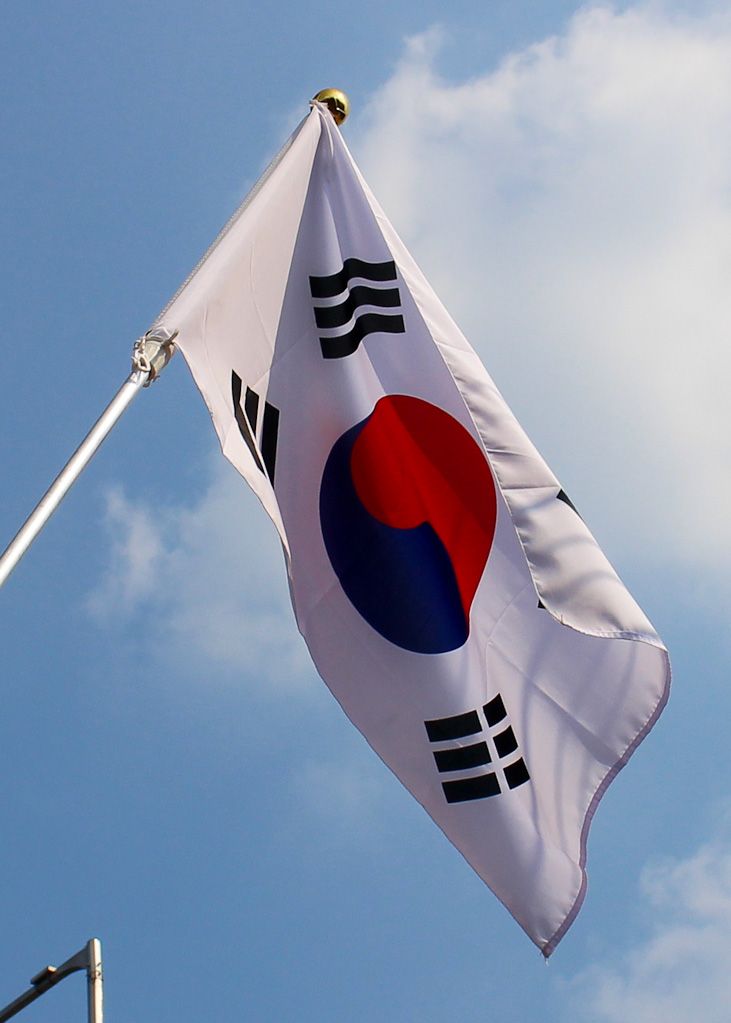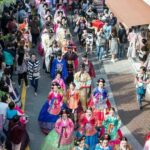Korean Culture and Society
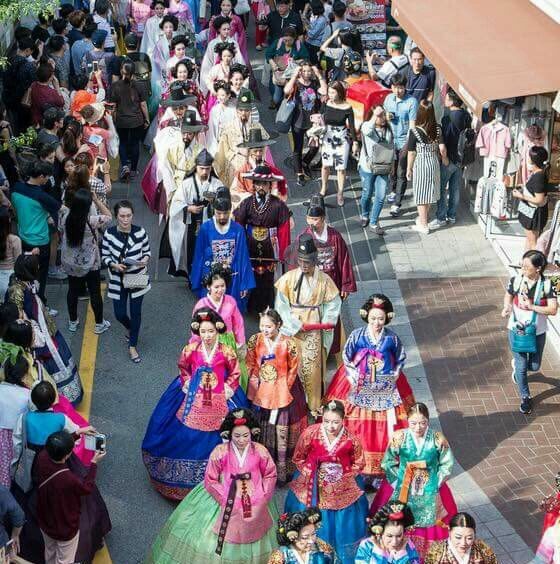
Korean culture is one of the oldest sustainable cultures in the world. Cultural differences are now more pronounced in Korea today, which has been divided into North and South Korea. In the beginning, this cultural and historical heritage was shared quite identically throughout the Korean peninsula and even southern Manchuria. The culture and structure of South Korean society has become a unique combination where tradition meets modernity.
Traditions have been immersed in a past that lasted for centuries. Korean culture basically adheres to Confucianism, Buddhism, and shamanism, which continues to influence their way of life and the structure of their society. Korean culture is made up of all the history, customs, traditions, and beliefs that have been formed by each of the different dynasties, wars, changes in religious beliefs, and many other customs and traditions that have been passed down between generations and undergone slight changes in each generation.
At this time, Korean culture is more visible consisting of food, holidays, sports, and social norms, as well as its popular culture in the form of music, movies, k-dramas, etc. And those are just a few small parts of South Korea’s overall culture. The Korean traditions and customs are the existence of 2 major holidays that are held every year, namely Chinese New Year and Korean Thanksgiving to honor ancestors, and celebrate together with family. One of the most important parts both traditionally and today is performing a ritual called (sebae), in which the whole family wears and performs a traditional bow while hoping that this year brings a lot of luck. And for the tradition of food served in the form of lontong soup, savory pancakes, and fried noodles with vegetables.
On the other side there is Charye, an ancestral commemoration ceremony, which is the most important part of the holiday which involves a lot of preparation to make an offering table, and on the table are also provided 2 candles on the edge, an incense stick in the middle, and a commemorative tablet that symbolizes the spiritual presence of the ancestors. And for the food tradition provided, there is a rice cake or called Song-pyeon.
In addition, there is Korean popular culture that has taken over the global entertainment world in recent years. With Korean entertainment inseparable from dynamic music, captivating dramas and influential fashion trends, K-pop has transcended boundaries and become a phenomenon of Korean culture. Korean music is called (pansori) which has been designated as an intangible cultural asset by UNESCO. Korean music is another form of traditional Korean music that has been developed at the beginning of the Joseon dynasty. “Hallyu” is a Korean popular culture that is famous all over the world, which includes Korean pop music, dramas, and movies.
Traditional clothing and modern fashion in South Korea reflect an interesting blend of heritage and contemporary style. Hanbok is a traditional Korean clothing that symbolizes the country’s rich cultural history. Hanbok usually consists of a loose top (jeogori), a circular skirt (chima) for women, a short jacket (jeogori), and loose pants (wedge) for men. These clothes are often decorated with intricate embroidery and bright colors, representing different social statuses and events. In recent years, interest in hanbok has revived, with designers incorporating modern elements to make it more accessible for everyday wear. The blend of traditional and modern is often seen in contemporary fabrics, sleek silhouettes, and bold patterns. On the other hand, South Korea’s modern fashion is growing rapidly, and Seoul is becoming a global fashion hub. Korean pop culture especially K-pop has influenced fashion trends, with idols as well as celebrities setting the stage for innovative styles. The K-fashion industry is known for its avant-garde designs, steetwear-inspired looks, and a penchant for bold colors and patterns.


 Indonesia
Indonesia 